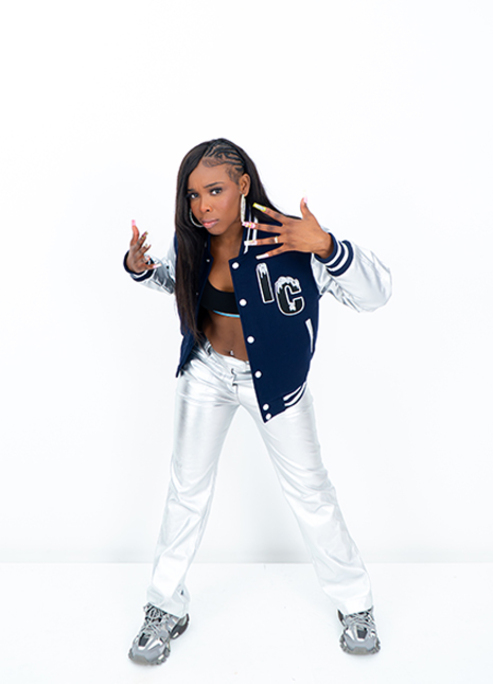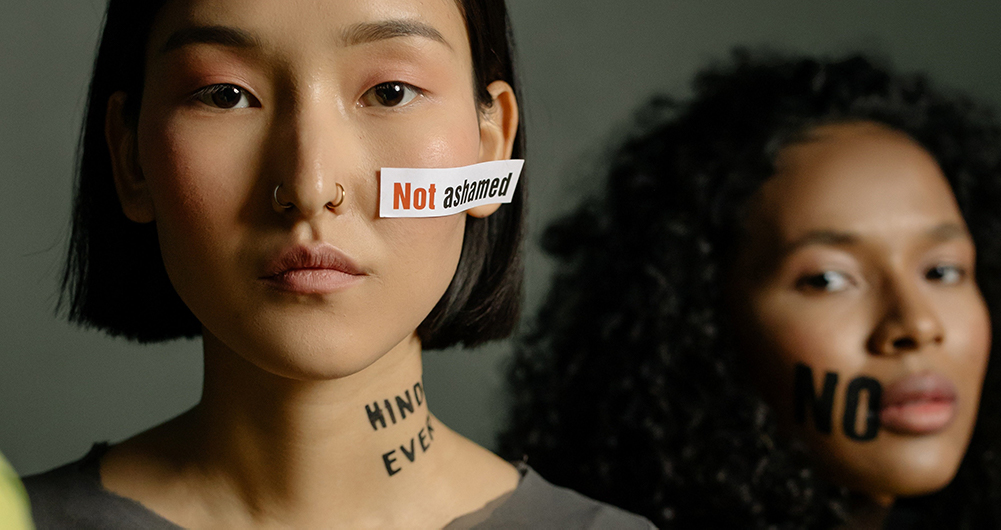
In Conversation With The Fashion Minority Alliance
The non-profit organisation with purpose.
The Black Lives Matter movement, which gained incredible and significant momentum during the summer of 2020, led to the successful exposure of multiple brands, organizations and industries for racism, a lack of diversity, and a lack of cultural understanding. Many of these brands and labels went on to be “cancelled” by social media “cancel culture” for varying degrees of racism, sexism, misogyny and cultural and ethical appropriation.
Some businesses attempted to rectify the faults within their own industries by educating and diversifying their workforces, creating opportunities for minorities, and targeting areas for change. However, two women saw that there wasn’t enough being done within the fashion industry to target the core structural problem of racism within the fashion world. There was an opportunity to take positive, diverse initiatives further, and so Barbara Kennedy-Brown and Cheryl Koneth, birthed the Fashion Minority Alliance (FMA) in September 2020.
FMA describes themselves as “a non-profit and non-partisan special interest group with the objective to tactically work with fashion and beauty industry stakeholders to build and foster a more diverse, balanced, and inclusive industry that advances meaningful and long-term equity for Black and Minority talent.”
FMA works towards the idea of social, pay, and opportunity equality for all. Their mentoring programs, workshops, scholarships, school outreach programs, incubator programs and bootcamps are all driven by the goal of creating a safe space and community for minorities who strive to work within the fashion world.
We spoke to FMA to learn more about what they’re doing, and what their plans are for the future.
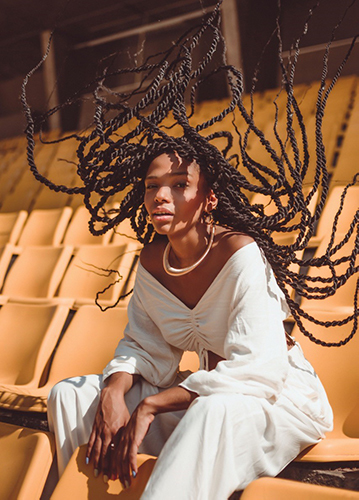
Tell us about the Fashion Minority Alliance?
The Fashion Minority Alliance was founded in September 2020 by PR expert Barbara Kennedy-Brown and A-List stylist Cheryl Konteh, together with a group of experienced fashion, beauty and creative sector professionals, with a view to engaging with brands, stakeholders and the next generation of the fashion industry to create opportunity and meaningful support for sustainable careers for BIPOC and Minorities that are hugely underrepresented within these industries.
We are based in London and like to say that we are Global with a British accent, having quickly established an incredible list of partners across EMEA. We all know the individual language of our territories which enables us to see what the needs are in creating a diverse space, with true inclusion.
The FMA, as we have become known, has 3 main objectives, to facilitate, motivate and advocate.
Since launching tell us about some of the work you have done?
Since launching we have been really working on raising awareness of the FMA and have already had various panel and guests talks, (last month we had the founder of Daily Paper do a q&a with students over Zoom), and have created talks with universities and schools including UEL, LCCA, London College of Fashion and Central Saint Martins; mentoring and pairing which, for example, has seen us connect Jessica McCormack with a young BIPOC jewellery designer, and finding suitable work experience placements. We have also found work opportunities for some incredible designers, make-up artists and other creatives.
Our pro-bono PR programme for emerging BIPOC designers has started with some brilliant talent that you will no doubt hear about in the near future!
We also have some ‘bigger’ projects that we have been working on with some incredible brands, as well as creating FMA programmes that will enable us to deliver on our objectives.
What inspired the FMA?
There were many factors that led us to establish the FMA, we had seen a lot of cancel culture and initiatives that were purely optic and wanted to really get to the root of the issues with diversity and inclusion in the industry. It is all very well saying there is a problem, why does it look like it is, this isn’t fair but unless someone is going to spend the time and resources in researching what the problem is there would be no change. Cheryl and I, along with our founding members and wider community, are fortunate to have had successful careers and there was a real desire within the industry to make changes and the time felt right.
We want to achieve a long-term change in the industry, where there are opportunities to be included no matter what background you are from.
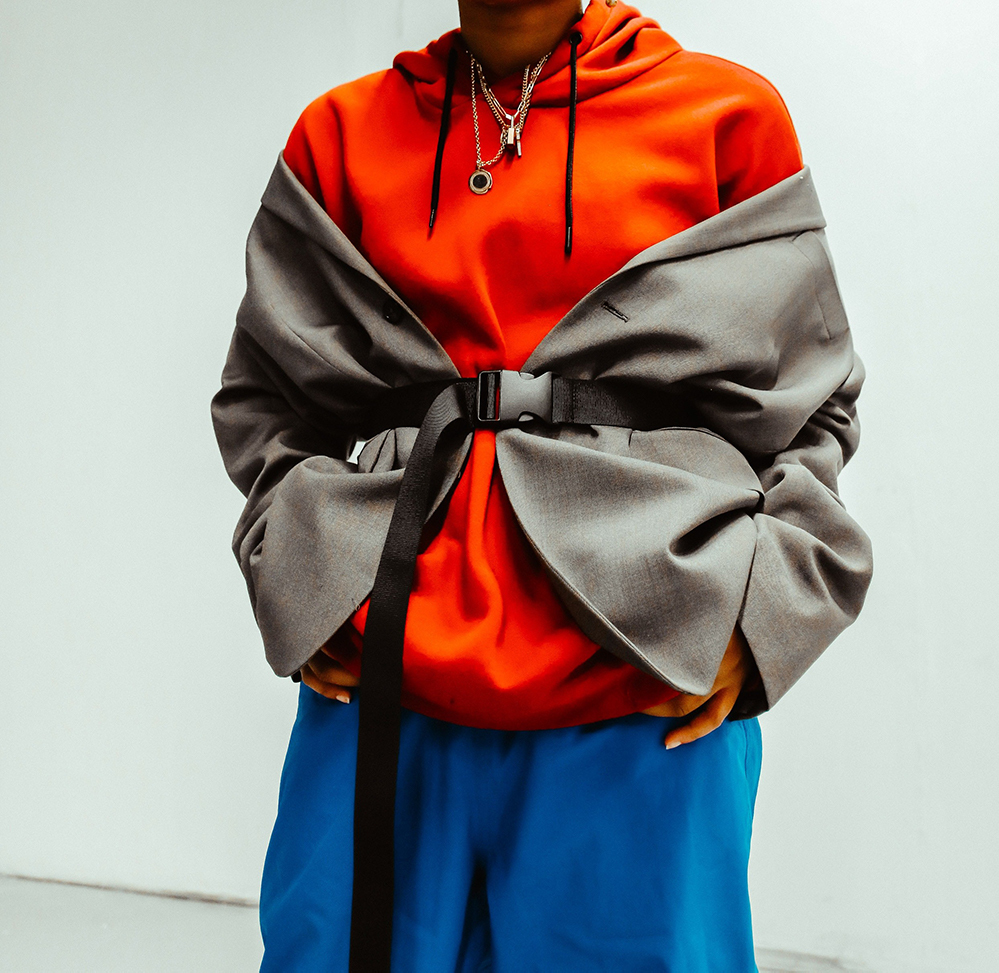
What sets the FMA apart from other non-profits in the space?
I think that the Fashion Minority Alliance is unique in several ways, we are not looking to further segregate the industry or be optics led.
We want to encourage and support meaningful change, promote opportunities and tackle the major barriers that result in the industry not being diverse and not looking like the streets we walk down, aside from in terms of marketing. We are non-political and totally against call out culture, we are working towards creating an industry that nurtures talent coming through, shows them a variety of pathways and that a career can be sustainable as well as support those already in the pipeline of the creative industries.
We are not excluding anyone from the journey, as you will see from our board and committee members – we have a rich mix of voices and this has really helped us in getting to where we are now.
What are the main issues in achieving an inclusive industry?
The fashion, beauty and creative industries are notoriously elitist and there are so many barriers to entry and, unless you have someone who can guide you, it can be a hugely daunting industry. From education, through to work experience, through to entry level jobs these are not usually seen by all and, without awareness of the different ways to access the industry, we are losing some real talent, who would undoubtedly future proof what the creative industries looks like in the future.
Fashion is a huge industry and a pivotal player in culture, it dictates trends and image is a truly powerful thing. To become truly diverse and inclusive we need to have different voices at all levels and make the space rewarding and open. Diversity looks very different to different groups of people and this can always vary, being inclusive is truly including people into the conversation, giving them a voice and listening to the voice.
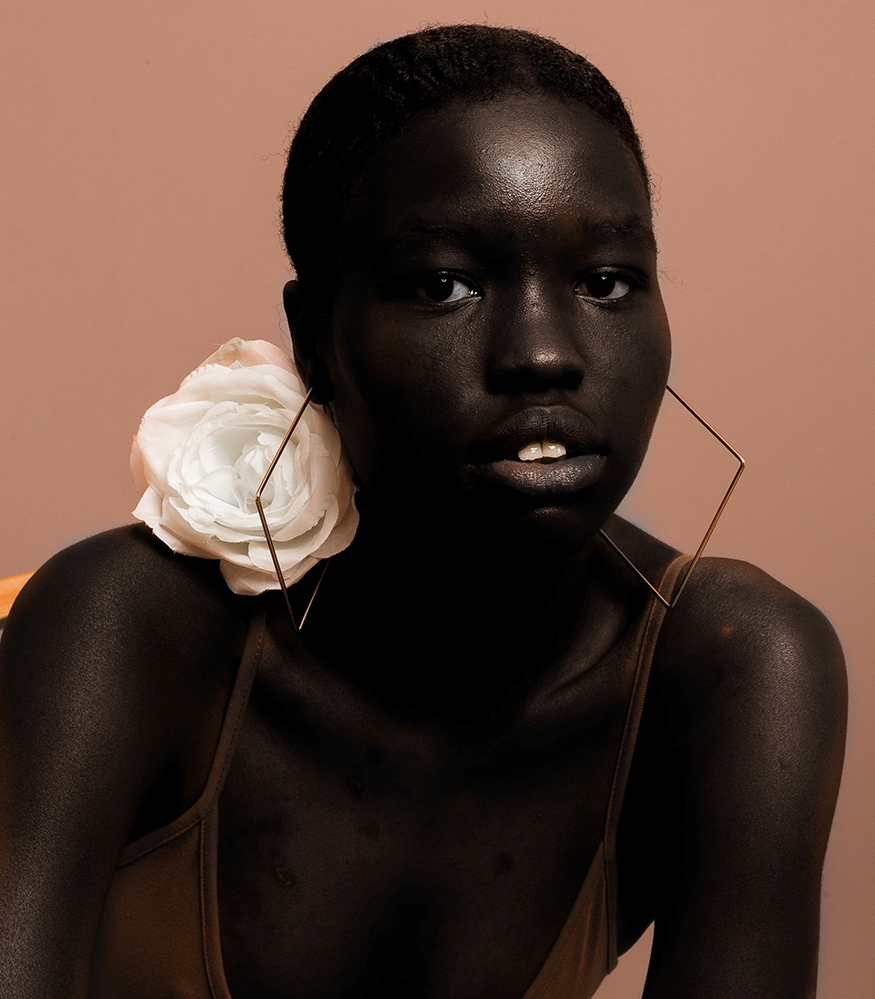
Where should the industry focus?
There has been a one size fits all approach to diversity within the creative industries and it now needs to go deeper. There are so many brands and companies that are investing time and resources into not only the marketing of their products, but their workforce, their suppliers, their partners. Just as this is an issue, there really is not a one size fits all fix, changes will only happen with resources, support and the inclination of individuals to make them. This responsibility is not just at the top of businesses, but with all stakeholders - we are all accountable for ensuring diversity and inclusion is paramount when looking at hires, campaigns, talent, the full spectrum of what we do.
What are the benefits of a diverse business?
The creative industries have seen that there is a need to improve in terms of diversity, inclusion and belonging and we have seen a real shift in brands approaching this - there is a whole economy not being tapped and the savvy businesses and brands realise that the consumer wants authenticity and will spend carefully with the brand that talks to them.
Has the pandemic affected the progress of inclusion and belonging?
The creative industries are moving forward. Following the ongoing pandemic, which has had a huge effect on budgets, profits, product etc together with major players having to pivot to stay relevant, I think we are going to see a more considered approach to consumption.
The industries need to keep moving forward, starting new chapters, journeys and evolve with an inclusive approach, it isn’t about cancel culture, it is about movement and celebration, making the inward as rich as the projected.
What is next for the FMA?
We have been working on some really exciting projects with global brands which has shown us that there is hunger for a new approach. We are always inspired when we see our work in action, from hearing positive feedback from students, through to the CEOs of conglomerates telling us that they have benefited from a workshop or a brand we have supported secure a new stockist.
There is always more to be done and we are thrilled to have achieved so much in such a short space of time.
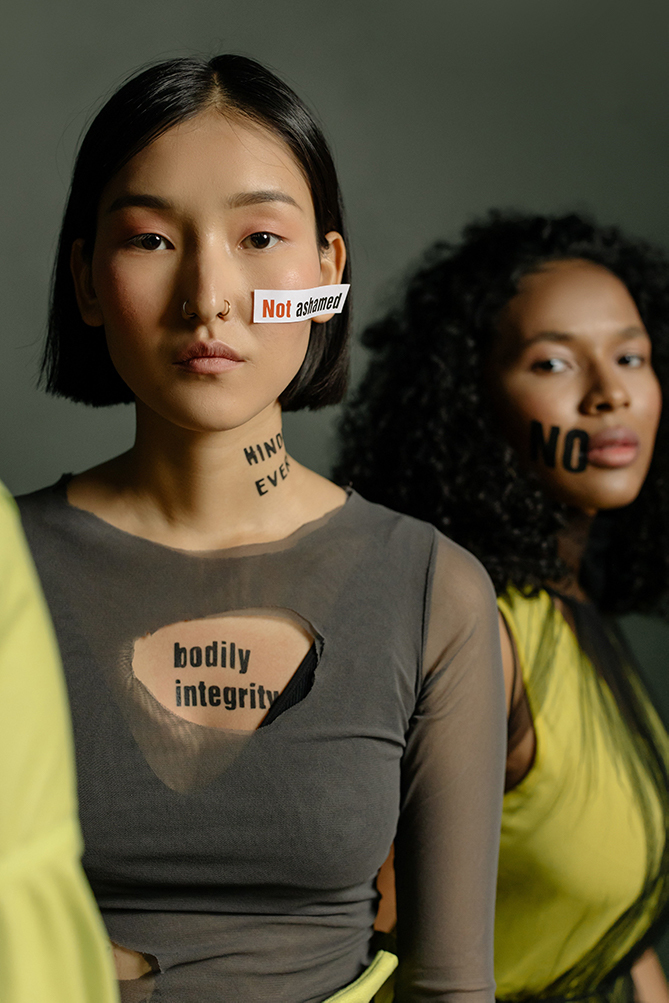
Stay up to date with FMA’s work by checking out their website here.



